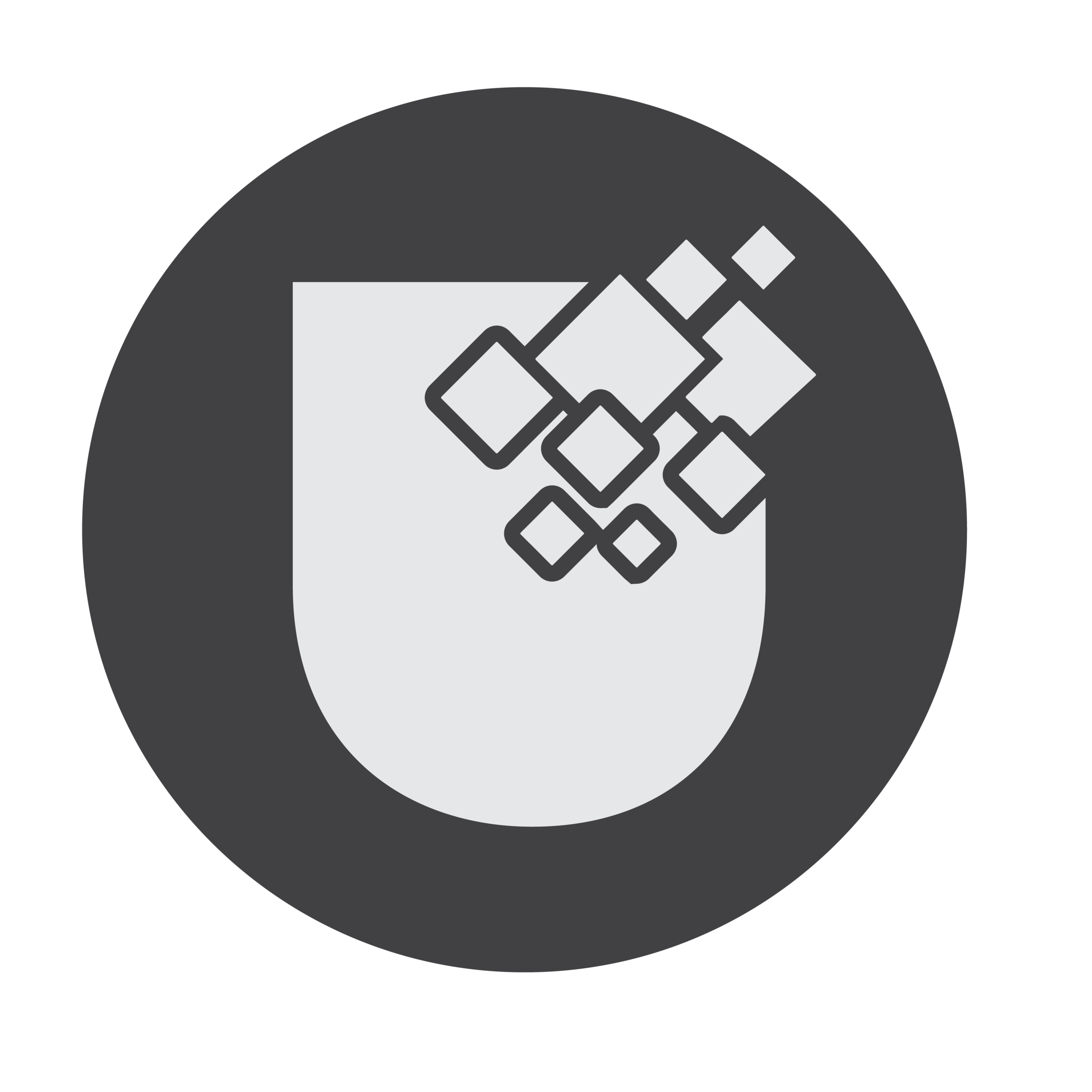Vigilance is KEY! Common traps 9-12
When we are working to find remission, our recovery journey requires us to be vigilant - watching for BIG and small cues, triggers, signs, and symptoms of a return to disease or behavior(s).
Here are the next four areas to watch for on your recovery path:
Trap Nine: Switching to other Abusive/Compulsive behaviors or Addiction outlets. You may believe you “deserve to feel good” on demand. OR you may think, “It’s okay to do what I want as long as I don’t get caught”. The Truth is it is important to be extremely honest about all your compulsive behaviors and to understand all the ways you act out so you can be aware of any problems. Be careful to watch other areas of potential addiction such as alcohol, drugs, work, and exercise.
Trap Ten: Relapsing by Intent. You may hold the belief that NO ONE tells you what to do or how to live your life. You may believe your use/compulsive behaviors don’t hurt anyone. The Truth is you may only participate in treatment to avoid any negative consequences of continued use or compulsive behaviors. You may not want to stop the use/behavior and you may not feel empathy or remorse for anyone who has been hurt by your actions.
Trap Eleven: Family Dysfunction. You might believe your use/compulsive behavior is YOUR problem ALONE and does not affect anyone else. You may think your family will get better – if you get better. The Truth is that addiction is a family disease. Unresolved family of origin trauma/crisis, parents with a history of abuse/criminal history/crisis, parents with a history o substance abuse/criminal history/mental disorders/domestic violence, a partner with untreated addiction, a partner who is an untreated victim, a codependent partner, and a partner who wants change without having to participate are ALL AREAS OF CONCERN.
Trap Twelve: Using Sex/Relationships/Love as “medication”. You might have the thought, “Sex will make me _______” and/or “Sex will take away ______.” Sex/Relationships/love can be used to build self-esteem, reduce anger, feel in control, prevent loneliness, create a high, end boredom, stop depression, feel powerful, feel accepted, gain revenge, end conflict, and reduce stress. The Truth is we have all probably used sex/relationships/love as medication at some point in our life. This is not an “either-or” factor. You have to be aware of what percentage of your behavior is being used to medicate other thoughts, feelings, or behaviors.
